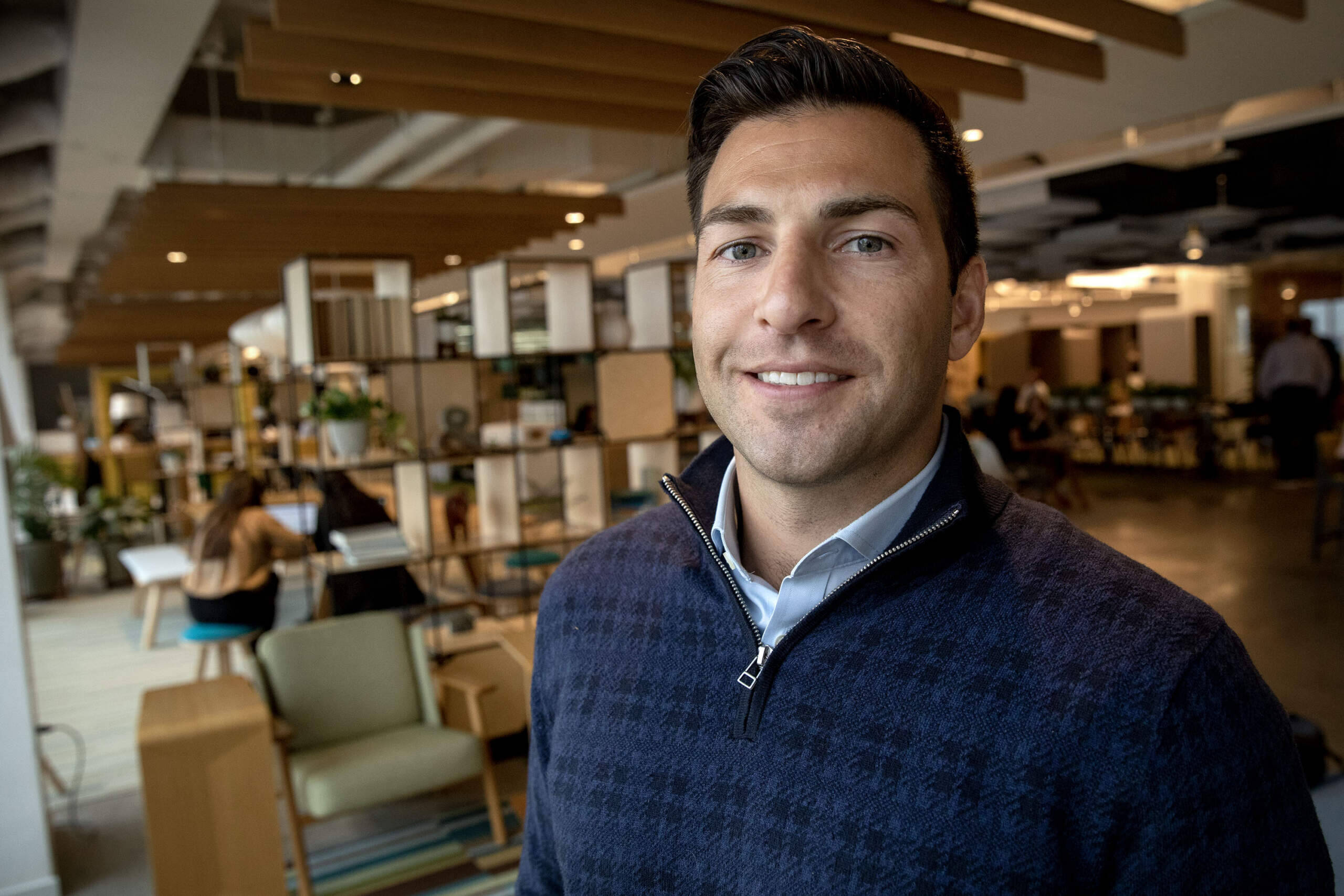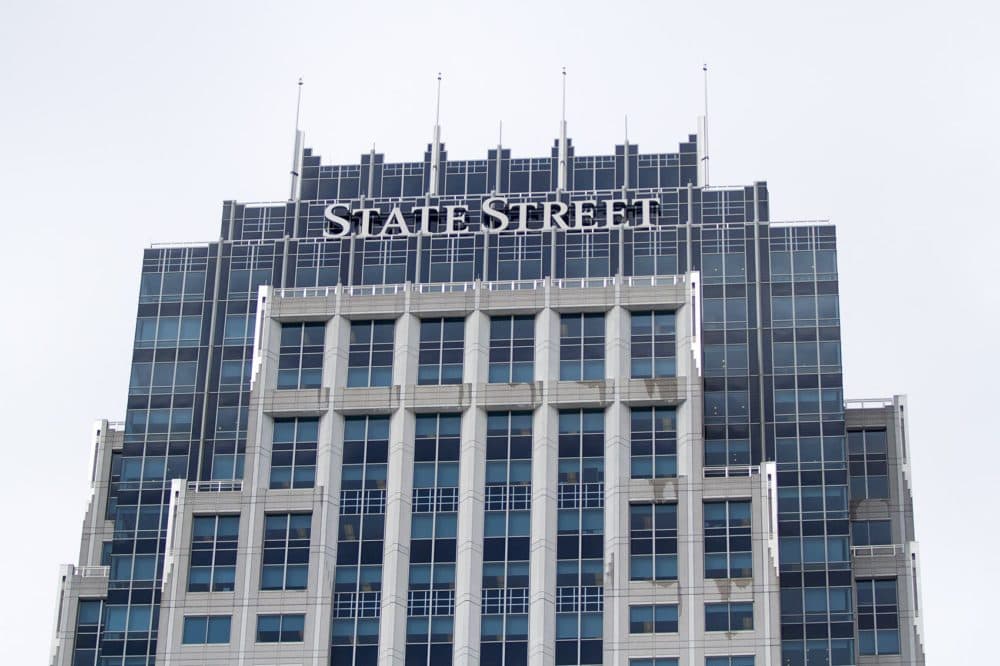Advertisement
Why Boston financial giants are still into crypto despite rocky times
Resume
It’s been a tumultuous time for cryptocurrencies. Just this month, the Securities and Exchange Commission filed charges against two prominent crypto trading sites, Binance and Coinbase. In November, the second largest exchange, FTX, collapsed after allegations of fraud.
Investors lost billions of dollars when the value of their digital coins dipped after recent crypto crashes. So understandably, many investors and spectators have soured on crypto.
But cryptocurrency and its underlying technology, blockchain, still have a lot of fans in the Boston area. That includes big financial players such as Fidelity Investments and State Street Corporation, which are continuing to invest in digital assets, including cryptocurrencies.
"We believe that there's value in this technology," said Ramine Bigdeliazari, director of product at Fidelity Digital Assets, a Fidelity subsidiary. "We've heard from our clients that they want access to this," he said, and Fidelity aims to give them a more reliable way to dip into crypto.

Fidelity was an early investor in crypto. The company started mining the most popular cryptocurrency, Bitcoin, in 2014 — and still mines it to this day.
Despite all the recent negative news about cryptocurrency, Fidelity Digital Assets last year added the option to hold and trade a second digital coin, Ether. It's the second most popular cryptocurrency.
"In order for us to understand it, we have to use it and have to be in the industry," Bigdeliazari said. "We're starting to see more and more of the large participants in the existing financial markets start to do the same. I don't think you can ignore it."
Another large Massachusetts participant that isn't ignoring the more than $1 trillion crypto market, State Street, is also increasing its investment.
"We've actually made more investment, I think, in the last few months than we did in the first few years I was here," said Jay Biancamano, who leads the digital funds team at State Street.
Biancamano said last year’s FTX meltdown slowed some investors down. But many clients are still crypto-curious. That's why, Biancamano said, State Street is planning to increase options to invest in crypto by the end of this year.

Big companies like State Street are betting this type of tech will one day transform the financial industry. Biancamano envisions a future where blockchain and digital currency are part of daily life — and it's much easier to move between different types of investments.
Imagine walking into a Starbucks, he said, "and you are actually able to pay for your Starbucks coffee by liquidating a portion of your Apple stock."
Ultimately, large financial firms want to offer more investments for their clients. That's how they make money. Going digital opens up a whole world of new possibilities. In addition to cryptocurrencies, there are now investments like digital art, digital real estate and new companies building on blockchain.
But working with a group of largely unregulated assets has been challenging for legacy companies, and an onslaught of investor losses and fraud has underscored the riskiness of these investments. According to a recent Pew poll, 75% of Americans who’ve heard of cryptocurrency said they don’t trust it.
Crypto has also earned the ire of powerful skeptics, such as Massachusetts U.S. Sen. Elizabeth Warren, a Democrat, who called this type of digital money a "potential threat to financial stability."
Lynne Marlor, chair of the Boston Blockchain Association, said unlike new, nimble startups that have been able to "fly under the radar," legacy companies can't avoid scrutiny from regulators and investors. "These financial institutions cannot fall under the radar," she said.
But Marlor added the slower, more careful approach to crypto and other digital investments could be an advantage for companies like Fidelity and State Street.
"In my mind, they are the best prepared because they have taken the traditional financial markets, and they understand them," she said. "Now they're taking them and creating innovative ways [of doing business]."
After all, she acknowledged, the "average consumer" still doesn't understand digital investments. Companies with long track records have earned a level of trust among the general public. They may be in a good position to help broaden the appeal of digital assets.
Editor's note: This story has been updated to include the full corporate names of both companies and to clarify that Fidelity added the option to hold and trade Ether through its digital assets subsidiary, Fidelity Digital Assets.
This article was originally published on June 13, 2023.
This segment aired on June 13, 2023.
